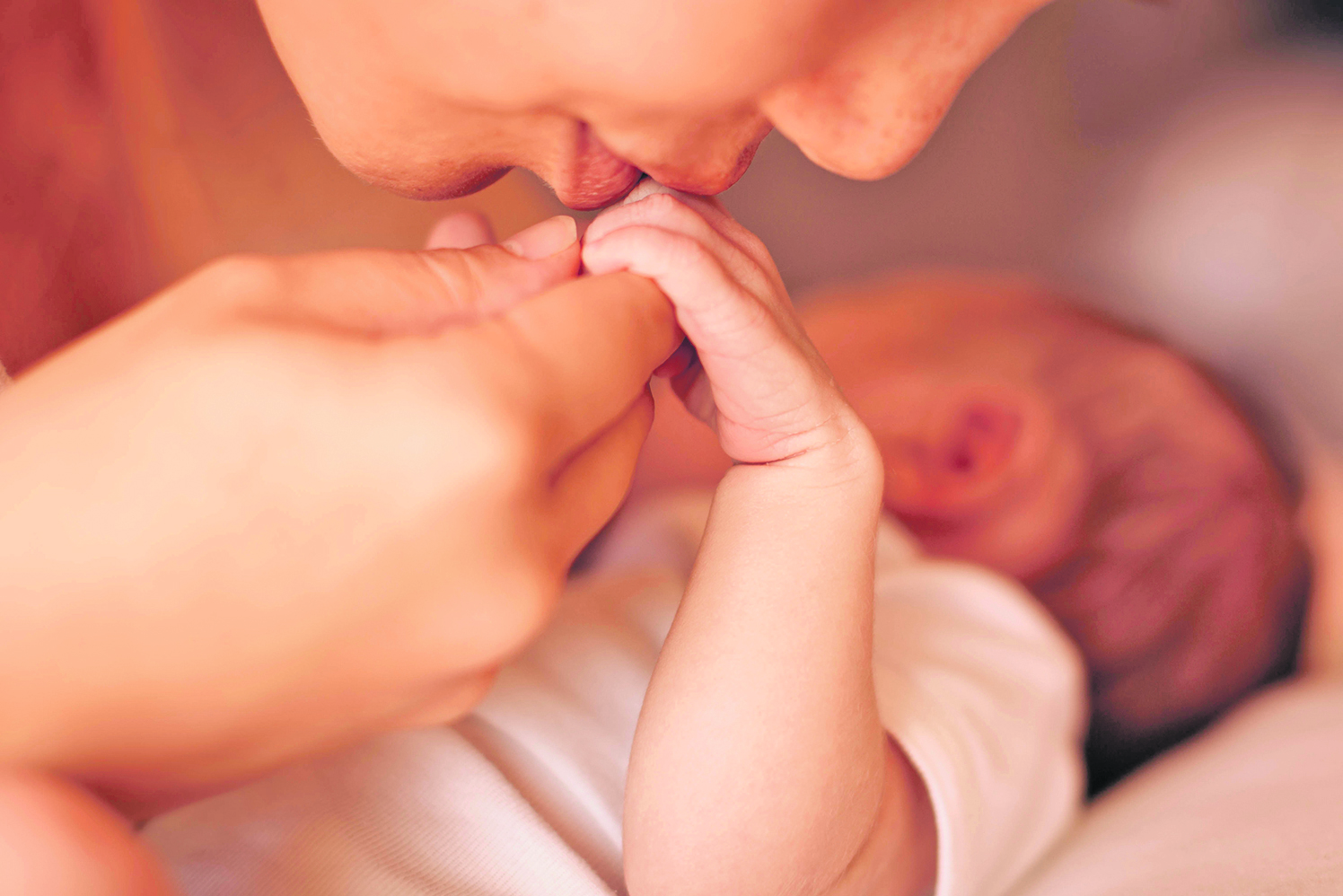Urgent care required in an emergency – mums speak out

Kathy Forsyth
Several mothers, who have relied on obstetricians for life-saving treatment, have expressed deep concerns about the impact of Whakatāne Hospital’s planned downgrade of its obstetrics services.
These mums fear for the safety of pregnant women in emergency situations, as they themselves have experienced critical care in the hospital.
Rachelle Houlbrooke, a Whakatāne mother and nurse, shared her alarm over the potential consequences of the downgrade.
Earlier this year, Mrs Houlbrooke faced a life-threatening ectopic pregnancy. After a rupture, she was rushed to the emergency department after midnight, where she underwent surgery just four-and-a-half hours after the onset of pain.
“My biggest concern is for those who don’t have a medical background and can’t easily articulate their symptoms,” she said. “If I had been transferred to Tauranga, would I even be here today to care for my two boys?”
Mrs Houlbrooke praised the care she received from a locum doctor at Whakatāne Hospital on a public holiday. However, she worried about the delays faced by people living in remote areas, such as those down the coast, who would have to travel further for urgent care.
She also highlighted the emotional and financial strain that would fall on families having to travel for care.
Mrs Houlbrooke recalled needing urgent surgery in Whakatāne after two miscarriages.
“I had great follow-up with the gynae team who talked me through my miscarriage. It is nice to have that when you have been through a loss.”
Katarina Rika, from Kawerau, shared her own traumatic experience.
She and her cousin, from Omaio on the coast, both ended up at Whakatāne Hospital just two days apart, requiring emergency caesareans to deliver their high-risk twin pregnancies. “Both sets of twins were sharing placentas, which made the pregnancies especially high-risk,” she said.
After her babies were born, she faced serious complications, including sepsis.
“My planned C-section turned into an emergency. If the downgrade had already taken place, I don’t know what would have happened to me.”
Mrs Rika’s husband, who was already caring for their other young children, would not have been able to quickly transport her to Tauranga. “If we had to travel to Tauranga, I don’t know if we would have made it,” she said.
Another mother, Katri Harmoinen, recalled her high-risk pregnancy, which included multiple hospital admissions and a lengthy stay in the maternity ward after her baby’s birth.
“I was in labour for two days and ended up with an emergency caesarean. The baby was in distress and I needed to receive care quite quickly; the option of being transferred quickly to another town makes my blood boil that that can even be suggested.
“I was under obstetrician care the whole of the pregnancy with a strict medication protocol.
“I sincerely believe that the care I received by the Whakatāne Hospital maternity team saved me and my baby’s life.”
With no guarantee that her next pregnancy will be any less high-risk, Mrs Harmoinen questioned how families would manage if care was moved to Tauranga.
“How would we consider another pregnancy if it meant spending weeks or even months alone in Tauranga.”
Having specialist care just minutes away gives her peace of mind.
“I’ve heard so many stories of mothers on the coast struggling to get to Whakatāne in time, and that extra one-and-a-half-hour drive to Tauranga could be too late.”
Read more:
Life and death situation for pregnant mums
Women and midwives lives put at risk